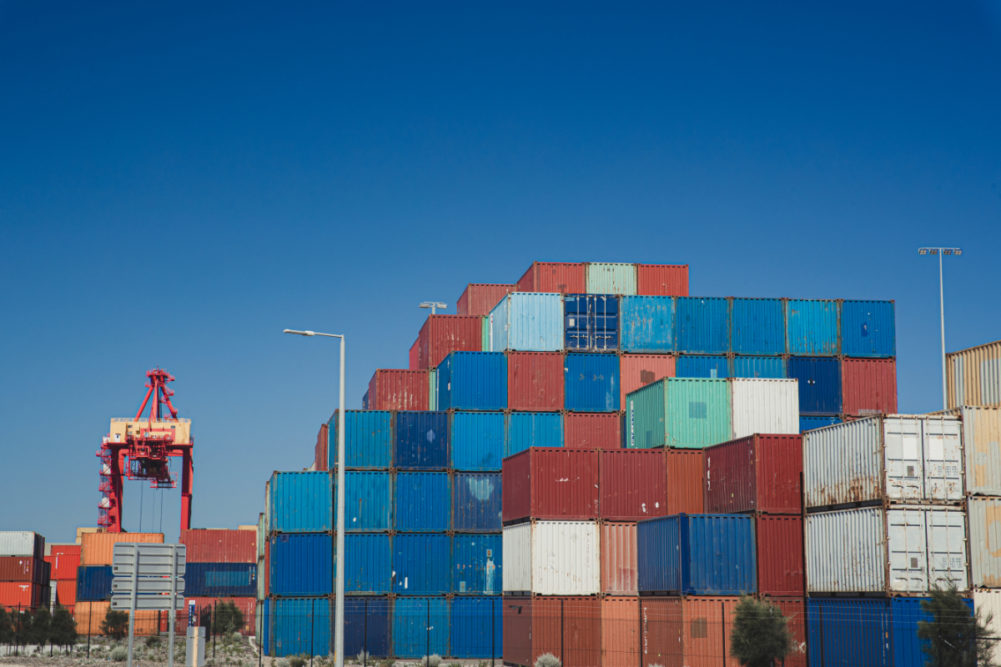TOKYO, JAPAN— Calling the Indo-Pacific Economic Framework (IPEF) a new opportunity to strengthen US economic ties across the region but also emphasizing the need for greater market access, US agriculture groups welcomed the announcement of the agreement by US President Joe Biden on May 23 in Tokyo, Japan.
Nations joining the United States in the pact are Australia, Brunei, India, Indonesia, Japan, South Korea, Malaysia, New Zealand, the Philippines, Singapore, Thailand and Vietnam, which together account for 40% of the world’s GDP.
The framework focuses on four pillars to deepen the economic engagement in the region: connected economy, resilient economy, clean economy and fair economy. The announcement signals the start of talks among participating countries to decide what will ultimately be in the framework. Agricultural groups have sought an approach that also addresses the market access that many previous agreements have included.
“The IPEF is a new approach to trade negotiations that will hopefully still create the same positive, high-standard outcomes for US farmers as traditional trade agreements,” said Ryan LeGrand, president and chief executive officer of the US Grains Council (USGC). “We look forward to engaging the office of the US Trade Representative (USTR) on IPEF negotiations to ensure grain and ethanol can freely move around the world.”
Other agricultural organizations, including the National Milk Producers Federation, the US Dairy Export Council (USDEC) and the American Farm Bureau Federation, also praised the announcement.
Brian Kuehl, executive director of Farmers for Free Trade, said the Indo-Pacific region long has been seen as an essential market for growing American food and agricultural exports. He said trade barriers must be removed so American farmers can position themselves as a viable regional alternative to China.
“Farmers continue to feel the sting of recent American trade policy that has erected rather than reduced trade barriers, both with the withdrawal from the Trans-Pacific Partnership and a barrage of tariffs that have targeted farmers over the past four years,” Kuehl said. “The Indo Pacific Economic Framework is a laudable first step to reengaging in the region. However, it will be essential that the administration articulate how an agreement that does not currently include tariff reduction will provide new market access and economic opportunities for farmers.”




